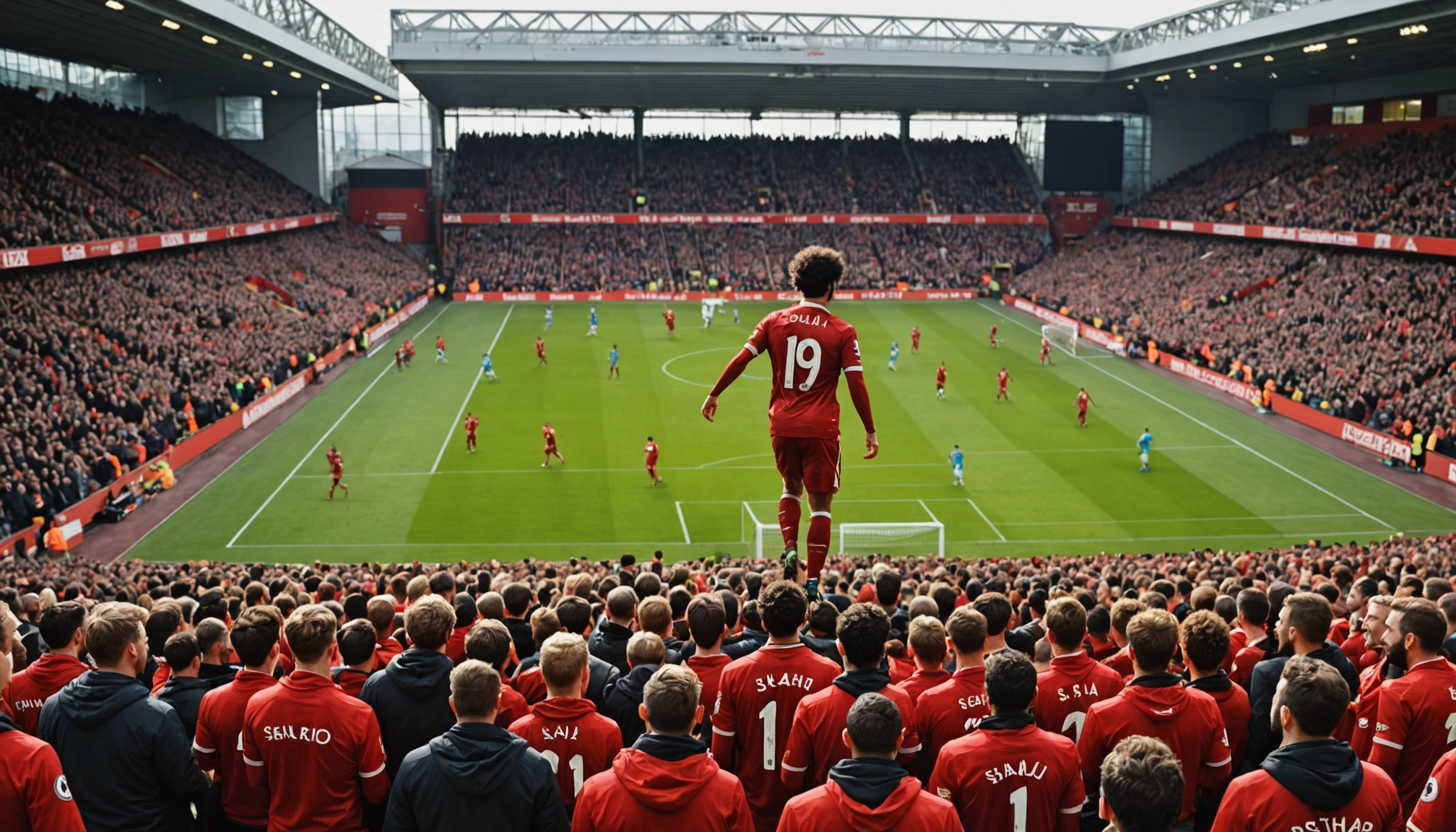Football in Greenland: exploring the world's toughest championship
Discover why Greenland's football championship is considered one of the toughest, played under extreme conditions in a unique, intense summer tournament.

By Editorial
The unique challenge of football in Greenland
Football in Greenland is far from your typical tournament experience. Known as possibly the toughest championship in the world, the Greenlandic Football Championship is played within a condensed and demanding timeframe, often crammed into just one intense summer week. This schedule is a direct result of Greenland's extreme climate and geographical challenges, making the tournament both a test of skill and endurance.
Why is the Greenlandic Football Championship so tough?
Greenland’s Arctic location means the football season must be limited to the brief window when weather conditions allow outdoor play. Players and teams face numerous obstacles, from unpredictable weather to limited access to quality pitches. Unlike traditional leagues that spread matches over months, Greenlandic teams battle fiercely in a knockout-style competition that is both physically and mentally exhausting.
Climate and geography impact
The harsh Arctic environment means that for much of the year, outdoor sports are nearly impossible. When summer arrives, the long daylight hours offer a small window for matches, but the ground remains challenging. Many pitches are gravel or artificial turf, often exposed to wind and cold temperatures that test players’ resilience.
Condensed format and intense competition
The entire championship is played within a short span, sometimes as little as one week. This means teams can play multiple high-stakes matches in quick succession, requiring exceptional fitness and recovery strategies. Such conditions amplify the physical demands on players and heighten the psychological pressure, making it arguably the toughest football competition worldwide.
The cultural importance of football in Greenland
Despite the challenges, football holds a special place in Greenlandic society. It is a unifying force that brings together remote communities across the vast island. The championship fosters regional pride and offers young players a platform to showcase their talents, often in front of passionate local crowds.
Community engagement and development
Football clubs in Greenland are often community-run and rely heavily on volunteer support. The sport provides opportunities for youth engagement, helping to promote healthy lifestyles and social cohesion. In recent years, efforts have been made to improve facilities, including the installation of artificial pitches, which help extend the playing season.
Examples of resilience and talent from Greenlandic football
Greenlandic footballers are known for their grit and determination. For example, teams like B-67 Nuuk have repeatedly dominated the championship, demonstrating tactical discipline and physical toughness. These clubs often serve as talent pools for players who aspire to compete in mainland European leagues or represent Greenland in international competitions.
One notable case is the story of a player who overcame extreme weather conditions and limited resources to eventually trial with clubs in Denmark. Such stories highlight the potential hidden within Greenland’s football scene despite the obstacles.
Future prospects and international recognition
There is growing interest in gaining official recognition from international football bodies, which would allow Greenland to participate in FIFA or UEFA competitions. Such a move would require further investment in infrastructure and development programmes but could open doors for Greenlandic players on the global stage.
Meanwhile, documentaries like the BBC’s "One Week, One Title: Football in Greenland" have brought wider attention to the championship’s unique challenges and cultural significance, inspiring football fans worldwide.
What can other football communities learn from Greenland?
Greenland’s experience offers valuable lessons in adaptability and community spirit. Football enthusiasts everywhere can admire how passion and perseverance thrive despite environmental extremes. The championship also demonstrates the importance of tailoring sports structures to local conditions rather than purely following conventional models.
For those interested in how football adapts to different climates and cultures, exploring such unique tournaments adds rich perspective beyond mainstream leagues. It also underlines football’s universal appeal and ability to unite diverse communities.
Conclusion: the spirit of football beyond the pitch
Greenland’s football championship is more than just a sporting event; it is a testament to human resilience, community pride, and the love of the game under extraordinary circumstances. While it may be the toughest championship in the world, it also embodies football’s power to inspire and bring people together, no matter how challenging the environment.
For more insights into unique football cultures and stories, visit our homepage and explore detailed coverage on grassroots football and international developments.
Related topics
Editorial
Sports expert at SportsScoop
Specialist in sports analysis and journalism
Related articles
Want to read more?
Explore our comprehensive collection of sports articles and analysis, or contact us for more information.



